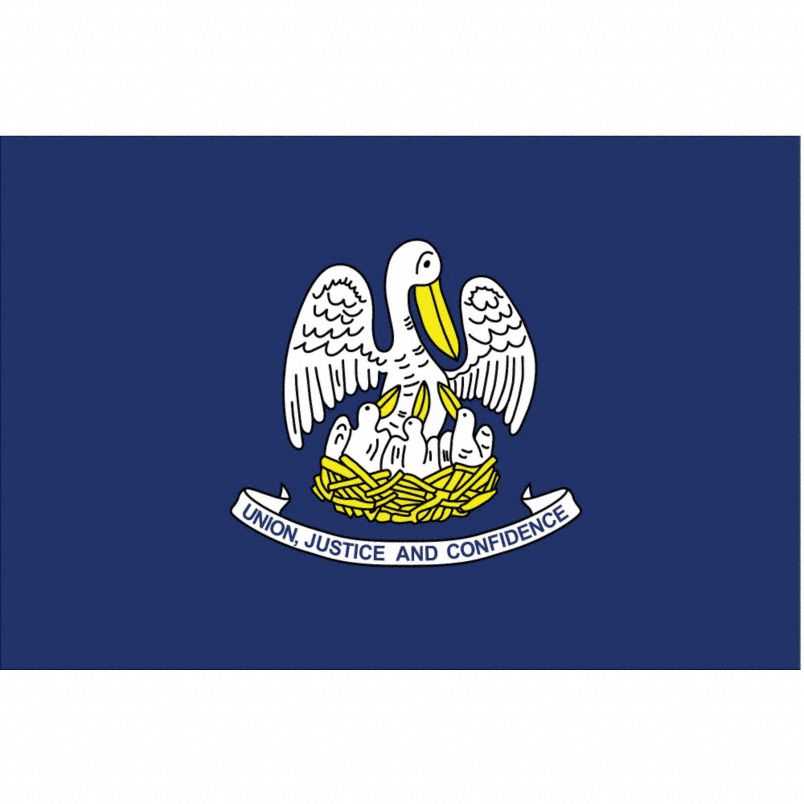By Will Hall, Baptist Message executive editor
BATON ROUGE, La. (LBM)—Louisiana voters are facing four constitutional amendments and there is confusion about how to vote on the four ballot measures on Nov. 13 (early voting will be held Oct. 30-Nov. 6). Below is a synopsis about each from various sources — with an emphasis on information that has not been broadly highlighted.
Amendment 1
Amendment 1 proposes to consolidate the collection of state, local and remote sales taxes in the state. It would change who is authorized to collect the taxes but not the taxes themselves.
Currently, each parish designates a governmental entity to serve as the sole sales tax collector for it. The amendment would eliminate local collection and assign this power to an unelected state tax commission. Consequently, the process would be streamlined; but local governments would lose some of their independence.
Additionally, the statutory rules and powers that would guide the tax commission have not been drafted yet. So, taxpayers would not know the specific extent and limits of the authority of the proposed tax commission until next year when lawmakers would subsequently draft legislation to outline those rules and powers.
Amendment 2
Simply put, Amendment 2 proposes to change Louisiana’s state income tax rates.
It is a complex change to “simplify” the state tax rates for individuals and corporations. For instance, couples would pay:
— 1.85 percent on their first $25,000 of net income,
— 3.5 percent on their next $75,000 of net income, and
— 4.25 percent on net income above $100,000.
BUT … a key state tax break would be eliminated for many families – the write off for the amount claimed on federal taxes for itemized deductions that exceed the federal standard deduction — unless medical expenses alone exceed the federal standard deduction. Amendment 2 would then allow the amount of medical expenses that exceed the federal standard deduction to be deducted in terms of calculating Louisiana state income tax.
It is complicated, but a Budget Note to House Bill 278 which pushed the tax changes, stated: “In general, filers that itemize on their federal returns will face a tax increase, while filers who do not itemize will face a tax decrease.”
This tax increase will hit many Louisiana families making $100,000 combined income, or more, and who pay a mortgage and have other deductible expenses (charitable contributions like church tithes, property taxes, student loan interest, investment losses, healthcare costs, etc.) that together are greater than $24,400.
Finally, the biggest cuts in actual taxes that are paid will be for those people and companies with the highest incomes.
Amendment 3
Amendment 3 would allow levee districts created after 2006 to levy a property tax of up to five mills without voter approval (other than Amendment 3) in the districts that approve this 2021 constitutional amendment.
The ballot measure would affect seven active levee districts in Louisiana, but three of these already levy property taxes of 5 mills or more (Algiers Levee District, Lafitte Area Independent Levee District, St. Mary Levee District).
Four districts could see tax increases without specific voter approval: Chenier Plain Coastal Restoration and Protection Authority, Iberia Parish Levee, Hurricane, and Conservation District, Squirrel Run Levee and Drainage District, and St. Tammany Levee, Drainage, and Conservation District.
Amendment 4
Amendment 4 would loosen the restrictions on the use of “dedicated funds” to address any budget shortfall — to comply with a state Constitution requirement for a balanced budget.
Currently, lawmakers may redirect up to 5 percent from state dedicated funds that are not part of the state’s general operating fund and apply these monies to fix a deficit in the general budget. Amendment 4 would allow lawmakers to increase the redirected amount to 10 percent.
Those who support Amendment 4 say there are too many dedicated funds and that these tie the hands of policy makers in the appropriations process.
Those who oppose Amendment 4 argue that the whole point of dedicated funds is to protect them from being easy targets for politicians. They also insist that if state lawmakers want to reduce the number of dedicated funds, they should debate the matter in the open.
Some opponents contend that the current 5 percent cap is more than ample to meet budget shortfalls and claim that raising the cap to 10 percent is only going to encourage a lack of discipline in the budgeting process (i.e., lawmakers could be loose with drawing up the budget knowing that they have moved the “backstop” by increasing the cap to 10 percent).
There are 393 dedicated funds that enjoy statutory protection and 28 dedicated funds protected in the state Constitution. These protected funds include:
— Medicaid Trust Fund for the Elderly
— allocations made for the state’s public retirement program
— money received by the employment security administration fund or by retirement system funds
— Louisiana Education Quality Trust Fund
— Bond Security and Redemption Fund
— natural resources Severance Tax Allocation
— Royalties Allocation from mineral leases on state-owned land, lake and riverbeds and other bottoms of water
— Revenue Stabilization Trust Fund
— Louisiana Unclaimed Property Permanent Trust Fund
— grants or donations or other forms of assistance received by the state
— money received by professional or trade associations
— money received by state agencies, boards, or commissions from fees or charges related to international maritime commerce
— money received by state agencies, boards, or commissions pledged by the issuance of revenue bonds




